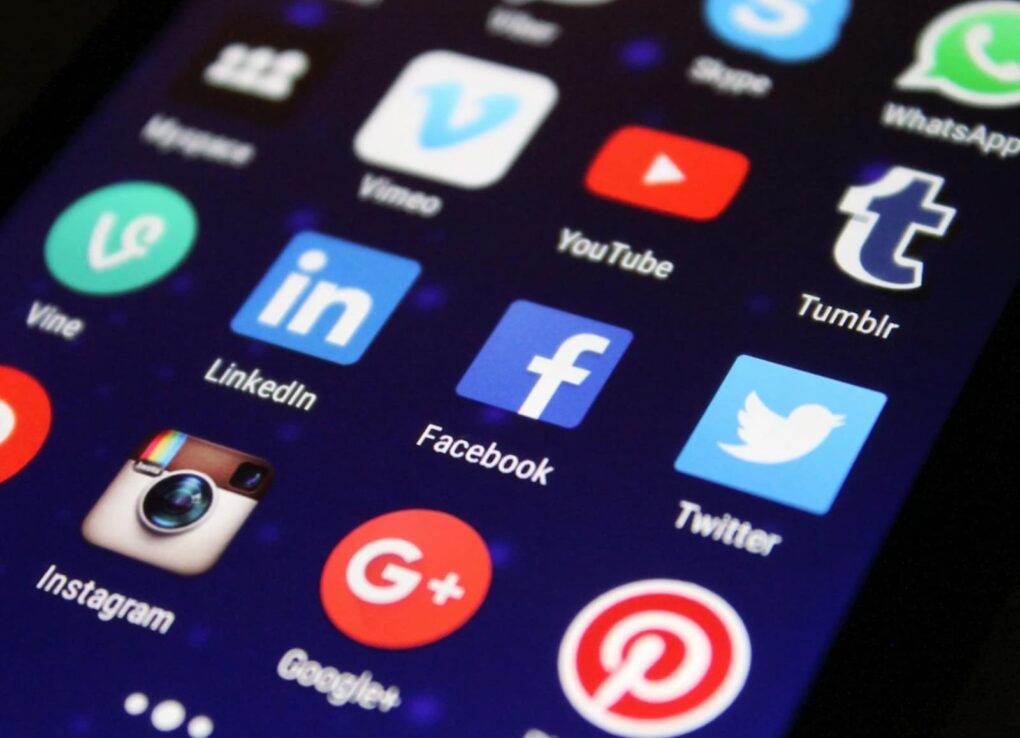Social media is more than just a tool for entertainment—it has evolved into a powerful platform for learning, sharing ideas, and building communities. For students writing a dissertation, social media can offer inspiration, resources, and connections that enhance the research and writing process. If you’re looking for guidance on structuring your dissertation or need expert advice, resources like https://scriptienakijkservice.nl/scriptiehulp/ can provide valuable support.
1. Using Social Media for Topic Inspiration
Finding a compelling topic is often one of the most challenging parts of starting a dissertation. Social media platforms can be a treasure trove of ideas and emerging trends that spark inspiration.
- Following Industry Leaders and Experts:
- Platforms like Twitter and LinkedIn are home to thought leaders and experts who regularly share insights, articles, and discussions. Following these accounts can help you identify trending topics and gaps in research.
- Monitoring Hashtags:
- Hashtags like #AcademicTwitter or #DissertationTips can lead you to relevant discussions, resources, and research questions. Similarly, niche hashtags related to your field can help you explore emerging trends.
- Exploring Niche Communities:
- Platforms like Reddit and Facebook host groups and forums dedicated to specific academic fields. Joining these communities allows you to observe ongoing discussions and discover pressing issues that could shape your research.
2. Social Media as a Research Tool
Social media can also play a direct role in your research by offering unique ways to collect data, engage with participants, or analyze public opinion.
- Conducting Surveys and Polls:
- Platforms like Instagram, Twitter, and LinkedIn allow you to create polls or surveys to gather insights from diverse audiences. These tools can be especially useful for collecting qualitative data.
- Analyzing Trends and Public Opinion:
- Social media platforms provide access to real-time conversations and public sentiment. For example, analyzing hashtags or keywords can help you understand how people perceive certain topics or issues.
- Connecting with Primary Sources:
- Social media enables direct interaction with individuals or organizations that can serve as primary sources for your dissertation. Reach out to experts, participants, or communities relevant to your research topic.
3. Building an Academic Network

A strong academic network can provide support, collaboration opportunities, and valuable feedback throughout your dissertation journey. Social media offers several ways to build and engage with such a network.
- Joining Academic Groups:
- LinkedIn groups and Facebook communities dedicated to academic research or specific fields can connect you with peers, mentors, and professionals. These groups often share resources, insights, and opportunities.
- Participating in Twitter Chats:
- Academic Twitter hosts regular chats on topics like writing strategies, research methods, and career advice. Engaging in these conversations can help you gain fresh perspectives and build connections.
- Following University and Conference Accounts:
- Many universities and academic conferences share updates, call-for-papers, and relevant resources on social media. Keeping track of these accounts ensures you stay informed about opportunities in your field.
4. Enhancing Your Writing and Presentation Skills
Social media can also help you improve the quality of your dissertation by providing access to writing tips, feedback, and tools for effective communication.
- Accessing Writing Tips:
- Platforms like YouTube and Pinterest are filled with tutorials, infographics, and guides on academic writing. Search for resources on structuring chapters, improving clarity, or citing sources.
- Engaging in Peer Review:
- Share drafts or research ideas with peers on platforms like Reddit or within dedicated academic groups. Constructive feedback from others can help you refine your arguments and improve your work.
- Learning Visual Communication:
- Social media platforms like Instagram and Canva provide inspiration for creating infographics, charts, and visual aids. These tools can enhance your dissertation’s presentation and make complex data more accessible.
5. Balancing Productivity and Social Media Use
While social media can be a powerful tool, it can also be a source of distraction. Here’s how to strike the right balance:
- Set Clear Boundaries:
- Allocate specific times for using social media for academic purposes and avoid aimless scrolling during your writing sessions.
- Curate Your Feed:
- Follow accounts that align with your academic goals and interests while muting or unfollowing distractions. A well-curated feed ensures that your time on social media remains productive.
- Use Productivity Tools:
- Apps like StayFocusd or Forest can help you limit time spent on non-academic social media activities, ensuring you stay on track with your dissertation.
Conclusion
Social media offers immense potential to inspire and enhance your dissertation by providing access to ideas, tools, and networks that can support your academic journey. From exploring trending topics to connecting with like-minded individuals, the opportunities are endless. By using social media mindfully and strategically, you can unlock new ways to enrich your research and writing process. Start leveraging these platforms today to take your dissertation to the next level.









